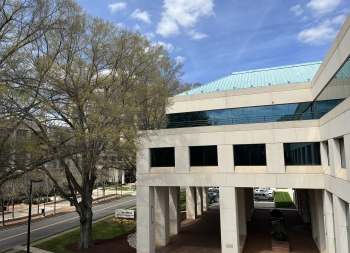Negligence & Bad Faith Claims in South Carolina
On January 8, 2025, the South Carolina Supreme Court issued an opinion holding that a first-party insured who alleges bad faith against their UIM carrier cannot also maintain a separate cause of action for negligence. In Hood v. United Services Auto Association, the plaintiff Therese Hood (“Hood”) originally brought suit against Antonie Johnson (“Johnson”) for t-boning her vehicle, causing a three-car accident. Once Johnson’s carrier paid its policy limits, USAA, as Hood’s UIM carrier, entered the lawsuit to defend under the UIM policy.
Ultimately, USAA and Hood could not come to an agreement at mediation, and the case was tried to verdict with Hood being found 49% at fault. Even with this 49% reduction, the verdict exceeded the $1,000,000 UIM policy limits, which USAA then paid to Hood.
Hood subsequently filed suit against USAA, alleging bad faith, negligence, breach of contract, negligence per se, barratry, and outrage. Among the allegations raised by Hood was the claim that USAA misrepresented its settlement authority at mediation. At mediation, USAA’s attorney stated that $200,000 was the extent of his authority, but USAA had actually given $250,000 in settlement authority. Only the claims for bad faith and negligence were presented at trial. The jury found for USAA on the bad faith claim, but found for Hood on the negligence claim, awarding $49,042.20 in compensatory damages and $250,000 in punitive damages. The trial judge granted USAA’s post-trial motion to dismiss the negligence claim, and Hood appealed.
The Court held that first-party insureds do not have both claims for negligence and bad faith against their insurer. The Court explained that the elements and reasoning behind negligence are the same as bad faith, and therefore, allowing both would be duplicative. In either claim, the operative duty owed to the insured is the duty of good faith and fair dealing, which is implied in every contract for insurance by law in South Carolina.
This case reaffirms that a carrier’s alleged negligence (failure to act reasonably) can be evidence for a bad faith claim, but it does not give rise to a separate cause of action. The Court also reiterated that an insurance company’s duty is to act in good faith in paying an uncontested claim and in claim processing.
For any questions regarding this case or any other South Carolina matters please contact the Columbia, South Carolina office of Hedrick Gardner Kincheloe & Garofalo, LLP.





